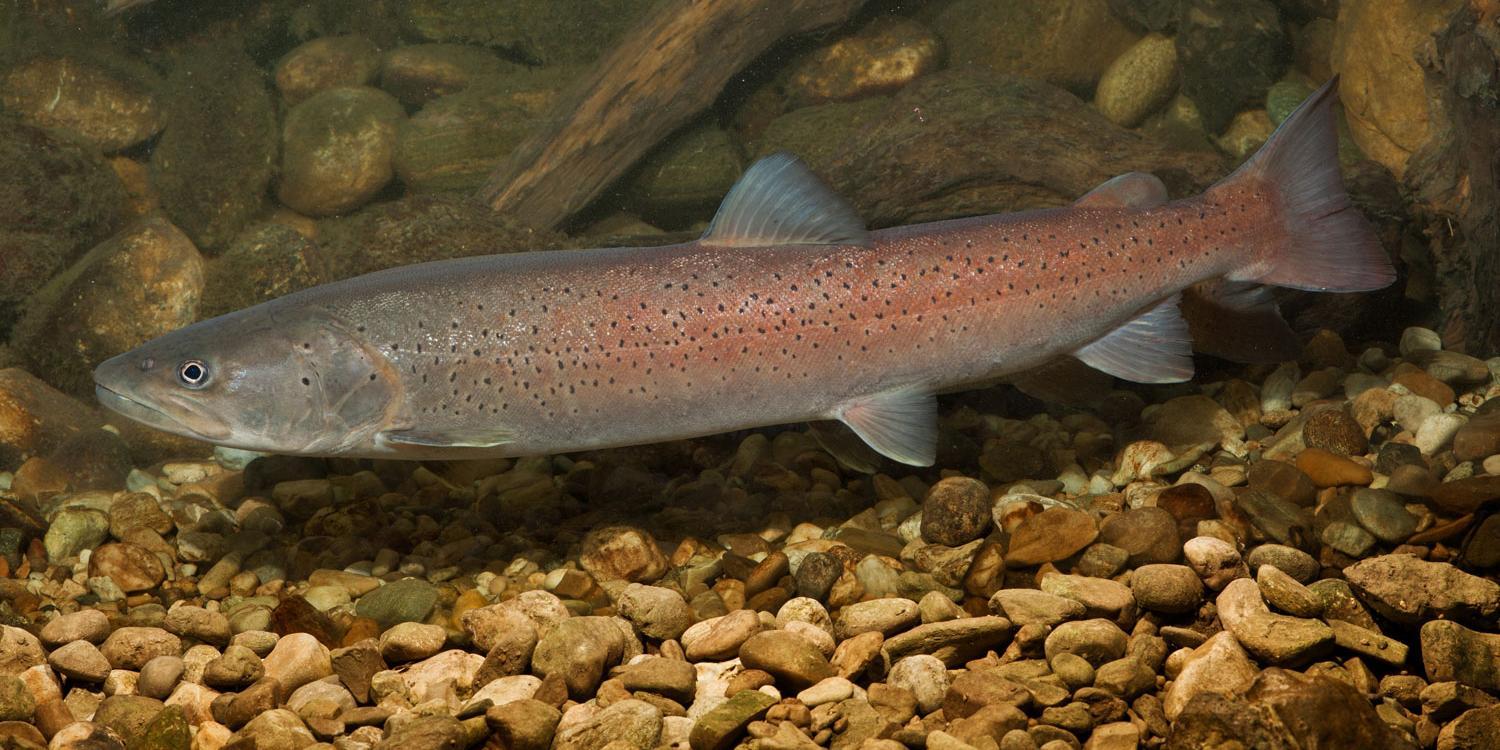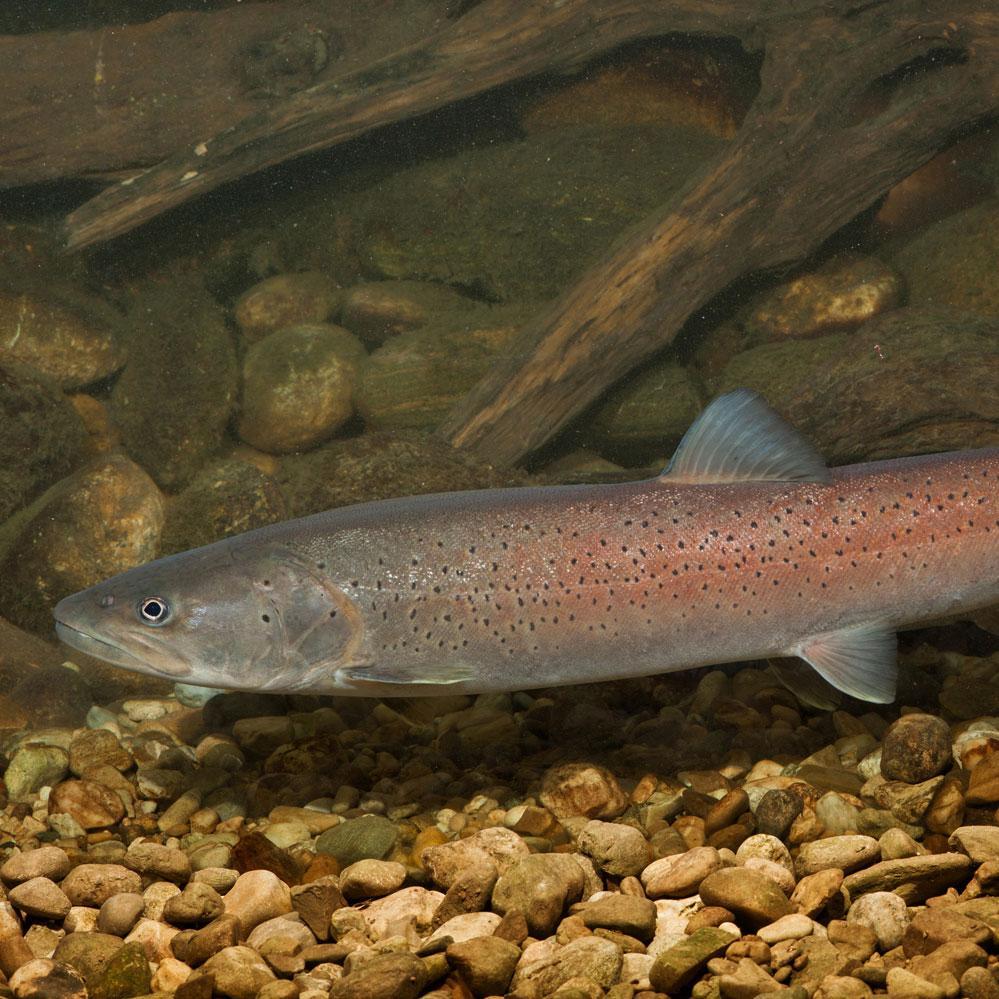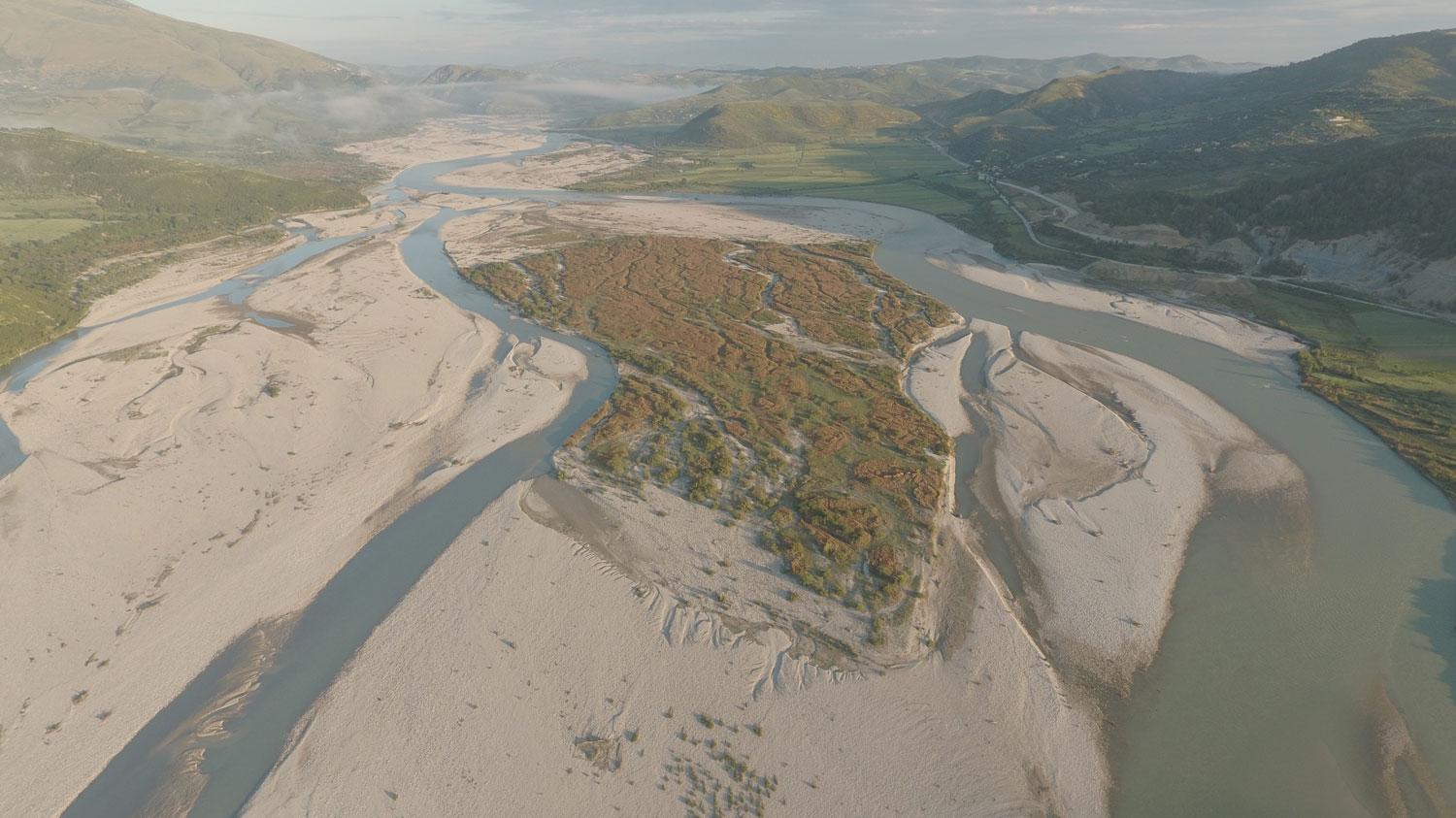Pristine rivers
During the past 200 years, most of Europe’s rivers have been diverted or dammed. However, around the Mediterranean and particularly in the Balkans, many natural river landscapes remain. Rare animal and plant species live here, quite a few of which are now only found in just a few short stretches of river.
Yet our continent’s last pristine wild rivers are scheduled to be dammed for hydropower utilisation or developed for navigation. As part of an international network of partners, we are committed to preserving wild rivers throughout the Mediterranean region. We are focusing in particular on southeastern Europe and are standing up to the hydropower lobby.
What we are doing for Europe's rivers
- Extensive protection for rivers: We campaign for Europe's most valuable river systems to be preserved as protected areas. This is the only way that rivers can be given long-term protection from exploitation and destruction. Extensive protected areas also make attractive destinations for ecotourists, providing a boost to the local economy. Our approach has proved successful on the Vjosa River in Albania, among others. As of 15 March 2023, the Vjosa has been under strict protection as Europe's first Wild River National Park.
- Stopping dam projects: By taking legal action, we have successfully blocked major dam projects such as the Pocem power plant on the Vjosa in Albania. Since 2019, as part of the “Lawyers for Rivers” initiative, legal experts and lawyers have been helping the local population to take action against hydropower projects. We are also filing complaints with other institutions such as the European Energy Community and are actively involved in reforming legislation and environmental regulations.
- Supporting local opposition: Many people in southeastern Europe are no longer prepared to stand by and accept the destruction of their rivers. In many regions, local residents are opposing the power plant operators. Together with our partners, we are supporting them in their protests, networking those affected and bringing their concerns to the attention of the press. In 2019, we honoured the “Brave Women of Kruščica" with the EuroNatur Award.
- Cutting off cash flows: No money, no dams. We are persuading lenders to stop investing in the expensive construction of hydropower plants. Thanks to our efforts, many European banks have already stepped back from financing dams and have revised their investment guidelines in favour of rivers. The European Bank for Reconstruction and Development did so in 2019.
A river's value cannot be measured in megawatts.

How to donate
You too can join the large circle of those who are committed to Europe's wild rivers. We are grateful for every donation or active contribution! By doing so, you will support an independent and networked civil society in Europe that is working powerfully to protect our fresh waters. Please use your opportunities to help!





